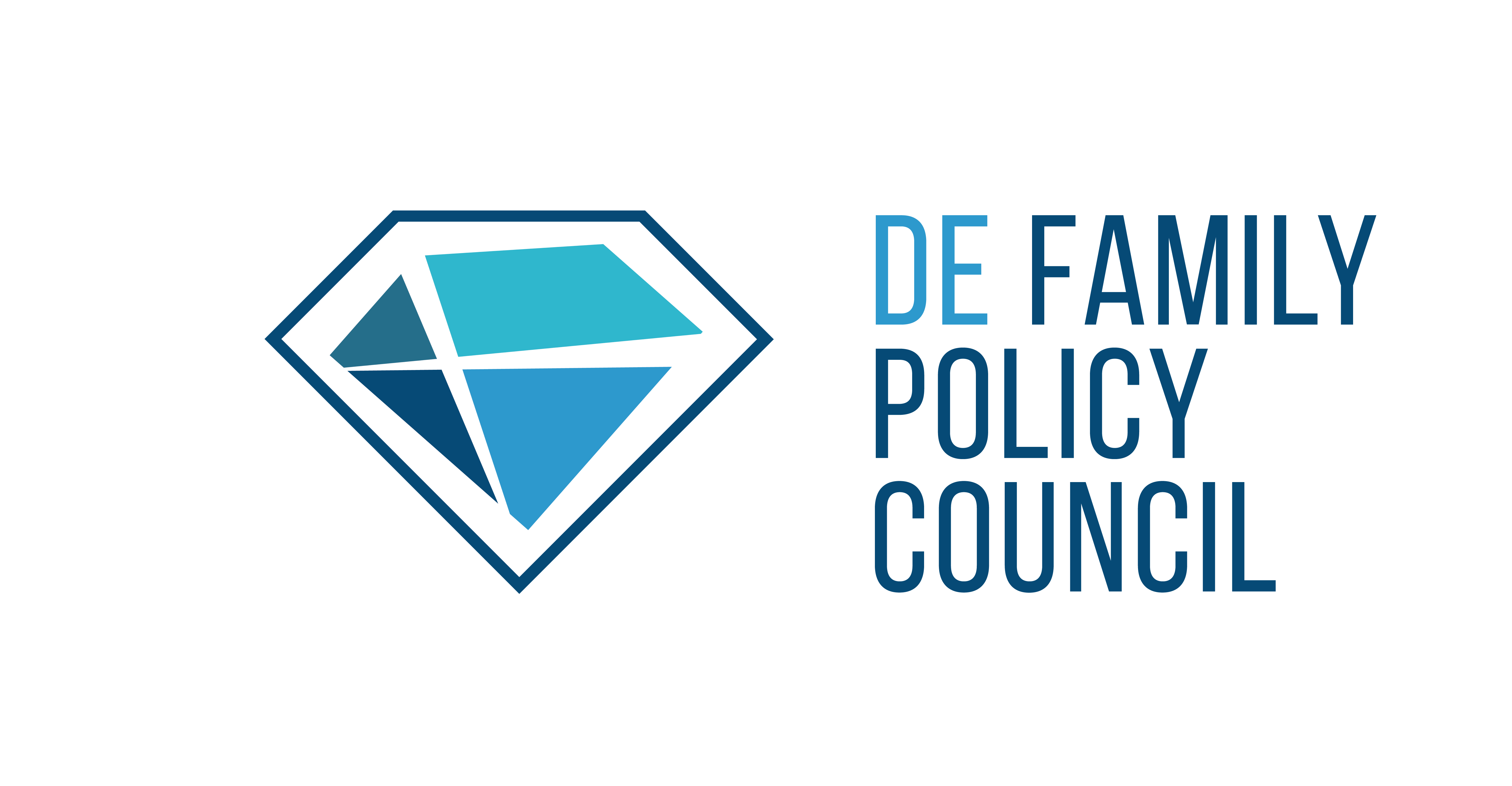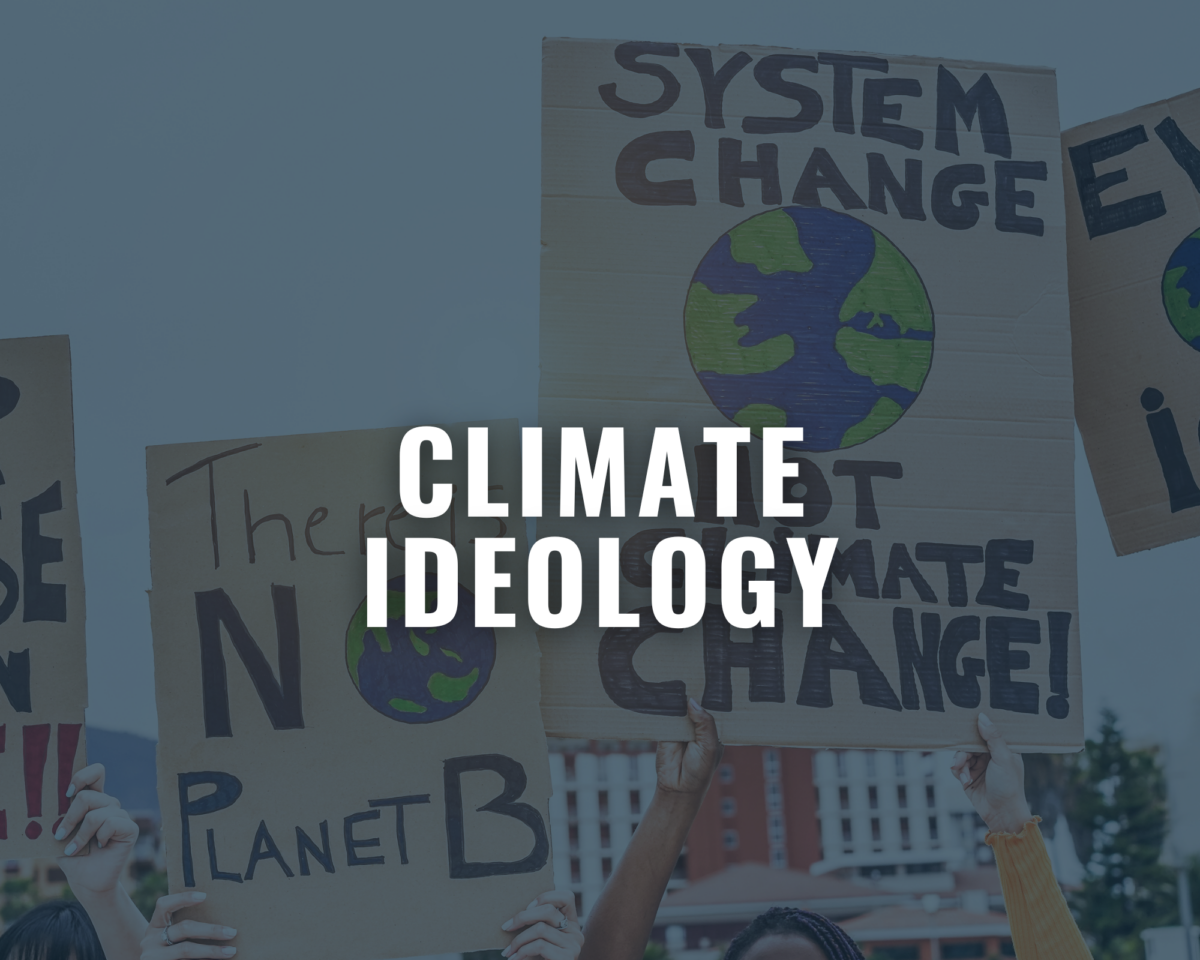What You Need to Know:
The following summary consists of bills we've highlighted that are specific to our focus, expertise, and interests, or made it to our watch list.
- To view the actual bill language or see who is sponsoring it, the bill title is linked for your convenience.
- Bills are listed in numerical order by chamber.
- The color coding for bills is as follows:
Bill statuses will be listed as follows:
- PASSED = Both chambers voted in favor (** If it has only passed one chamber, which one will be notated 'PASSED the House.').
- SIGNED = Both chambers voted in favor AND the Governor has signed the bill.
- DEFEATED = The bill did not receive enough votes in either one or both chambers.
- In COMMITTEE = The bill hasn't been heard yet, but has been filed and assigned to a particular committee.
- TABLED = The bill began the process of being heard in that committee or chamber, but was set aside to no longer be considered (** Where the bill was tabled will be notated, 'TABLED in the House.').
- On READY LIST = Passed the committee and waiting to be heard on the floor (** which chamber it is coming from will be notated 'On the Senate READY LIST.').
Climate Change
Bill Status: On House READY LIST
Establishes a ‘Clean Construction Preference Committee’ to develop preferences regarding construction materials. Materials are assessed in terms of their carbon emissions, extraction, transport, and overall production. Based on the Committee’s internal findings, they will create a preference for particular materials. The published preferences must then be considered in public contracts.
Bill Status: In House APPROPRIATIONS COMMITTEE
HB 9 begins the process of moving towards a completely ’emission free’ state fleet. Zero emission vehicles are those that are full electric, hybrid, or fuel cell powered. If passed, it would be an incremental acquisition; requiring all state passenger and light-duty vehicles be ’emission free’ by 2040.
Vehicles for law enforcement, Department of Education are exempt from being zero emission by this bill. That exemption will also stand for state vehicles designated for take home use until 2035.
Bill Status: SIGNED
HB 10 requires the state to incrementally purchase electric school buses. The percentage of electric school buses must increase annually, reaching 30% by 2029. A report must be submitted by 2030 with recommendations for future percentage requirements.
Bill Status: SIGNED
Delaware residents and active duty military personnel stationed in Delaware are eligible for government rebates to purchase electric vehicles. The amount is up to $4000 for electric vehicles and up to $1000 for hybrid.
Only 2 rebates are allowed per person over the lifetime of the program, all of which are provided on a first come-first serve basis. Not every electric/hybrid vehicle may be eligible as the Delaware Department of Natural Resources and Environmental Control may impose specific criteria.
Though there is mention made of low-income individuals needing the assistance to purchase the more expensive electric vehicle, there is nothing in the bill that would limit applicants for the rebate to low-income individuals. Seeing as it rebates will only be provided on a first come-first serve basis, it is possible that not all low-income individuals interested in the program will be able to take advantage of it.
The Act goes into effect upon signage.
Bill Status: SIGNED
Amid all the bills that provide some sort of incremental change towards climate change, this Act is a major overhaul of plans to move towards a ‘decarbonized economy.’ Multiple government departments, such as the Department of Education, Department of Transportation, and Delaware State Housing Authority, must help to develop a Climate Action Plan with markers for 2030 and 2050.
There are provisions to require public meetings be held prior to implementation as well as some level of public posting of the plan.
Bill Status: On House READY LIST
HB 220 is the first leg of a constitutional amendment that presents having a “clean” environment as an inalienable right.
An inalienable right is one that cannot be taken away. If passed, a “clean” environment would not be able to be encroached upon. The bill is vague at best as to how this is obtained. Anything could foreseeably be considered as an encroachment upon the so-called ‘right’ of a clean environment. The state would be required to conserve, protect, and maintain “water, air, soil, flora, fauna, ecosystems and climate, and to the preservation of the natural, cultural, scenic and healthful qualities of the environment.”
What does this look like for new buildings? Will building requirements have even more stringent requirements on minimizing footprint? Paper products switched to plastic years ago in an effort to save the trees. We’ve now moved back to paper to save sea life. What would full implementation of HB 220 look like in terms of changes to current businesses?
Bill Status: DEFEATED
Many Delawareans were wildly upset about the electric vehicle mandate issued by Governor Carney. The attempt to model the Californian regulations was not well received as evidenced by the many meetings across the state to appeal against it.
The entire Republican caucus in the House came together to pen HR 17, requesting DNREC to pause the implementation of Carney’s mandate and actually allow both the Legislature and the citizens to take an active role in such a major decision.
HR 17 requested DNREC to provide a report to the Legislature by March of 2024 that determines financial impact and review options done by states like Pennsylvania and Coloardo. Rep. Matthews and Rep. Parker Selby were the only Democrats to vote in favor, while Rep. Carson chose not to vote at all. HR 17 was defeated 22 to 17.
Bill Status: In COMMITTEE
DelCode currently has a section that prohibits certain types of restrictive covenants that are deemed ‘unreasonable.’ SB 130 adds to the current limitations to also prohibit restrictive covenants from stopping clothesline usage.
The reason SB 130 is listed within this section of climate change lies within the verbiage of the bill itself as it explains the amount of carbon dioxide emissions that are produced by electric dryers.
Protecting the ability of a homeowner to do as they so choose on their property in line with the principle of individual liberty. The potential concern is the current priority that the state is placing on climate change, often at the expense of individual liberty. SB 130 and bills that may be similar in nature should be monitored to ensure that liberty isn’t encroached on as with the electric vehicle mandates.
Bill Status: SIGNED
‘Plastic Free Delaware’ is a nonprofit organization that has been actively working to eliminate plastic waste in the state. They played a huge role in the bill that prohibited single-use plastic in Delaware stores. They were a part of a New Castle County regulation to reduce drywall in construction in 2021 and a Senate Bill in 2022 to ban Styrofoam, both of which were tabled.
SB 155 creates a special license plate that recognizes the organization, ‘Plastic Free Delaware’. There is a one-time $50 associated with the license plate, part of which would go towards the actual organization.
Bill Status: SIGNED
SB 170 does what HR 17 was attempting before it was defeated by a Democrat majority; it requires a report to be put together to assess things the long-term cost impact, avoided cost of carbon emissions and submit an official report to the Legislature by the end of 2023.
There is no suggestion of what would be done after the report is done, but it is foreseeable that there will be further legislation to actually procure the windpower that they report researched.

